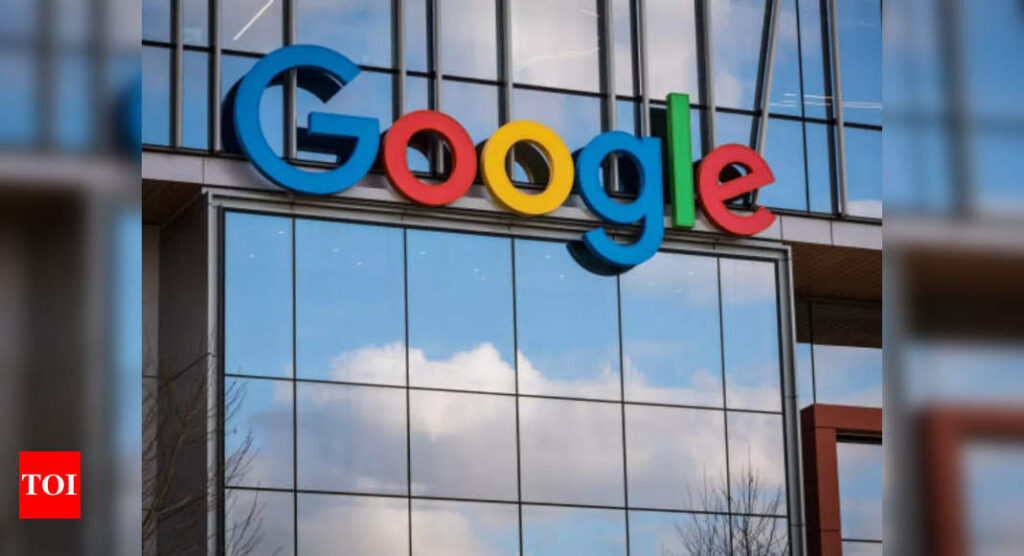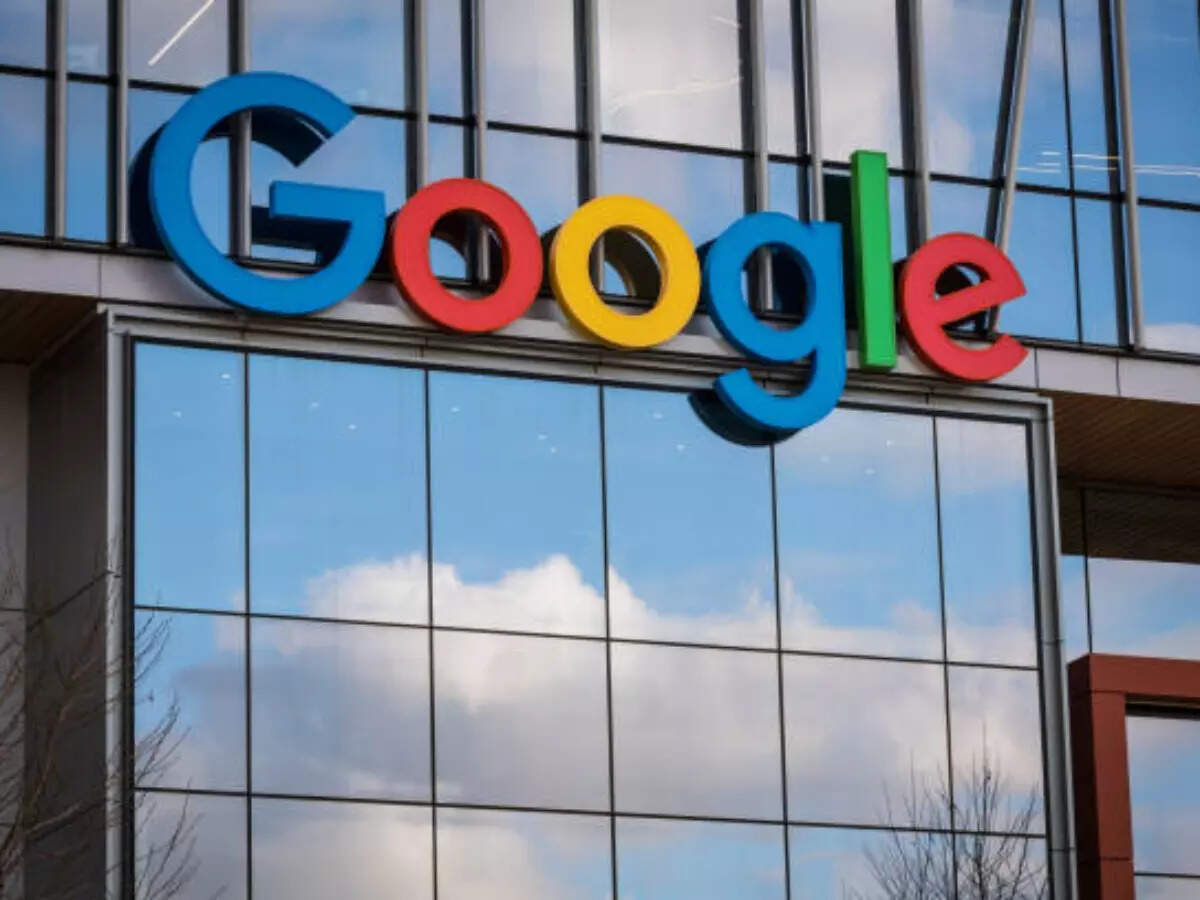[ad_1]
The US Justice Department and a coalition of state attorneys general on Tuesday (September 12) will begin one of the biggest-ever antitrust trial against Google. It will be Google versus the US in the biggest antitrust trial in decades. Here’s a ready reckoner on the issue that answers all key issues:
What is the US government’s stand
The US government’s lawsuit was filed in 2020 during the Trump administration. The US and its state allies contend that Google unlawfully stifled competition by paying billions of dollars to Apple and other business partners to ensure its search engine would be the default on most phones and web browsers. The lawsuit claims that these deals were intended by Google to be “exclusionary,” denying rivals access to search queries and clicks, and allowing Google to entrench its market dominance.
Google has grabbed a 90% market share in search in the US in recent years, according to government estimates. The government said the browser agreements resulted in less choice for consumers and hurt innovation.
What Google says in its defense
Google counters that it faces a wide range of competition despite commanding about 90% of the internet search market. In a January court filing, Google said that its browser agreements were “legitimate competition” and not “illicit exclusion.” The agreements did not prevent rivals from developing their own search engines or stop companies such as Apple and Mozilla from promoting them, Google argues. Rather, the makers of phones and web browsers set Google search as their default because they wanted to deliver the “highest quality” experience for their customers, Google claimed in its January filing.
Google further adds in its claim that mobile users can switch easily if they want to use another search engine.
What the US law says
It’s generally not illegal for a business to make an arrangement with one customer that excludes others. Such exclusive deals are common, and they don’t garner much regulatory scrutiny when a company lacking market power can’t meaningfully affect competition.
However, exclusive deals can violate antitrust law if a company is so big or powerful that it prevents rivals from entering the market.
Challenge for the US government
The Justice Department needs to prove that Google’s business deals harmed competition for search. Google will have its own chance at the non-jury trial, after the government makes its case, to argue its deals benefit consumers.
What happens if Google loses
The US and state allies are not seeking a monetary penalty, but an injunction barring Google from continuing the alleged anticompetitive practices. This means if Google loses, there could be significant business implications for the company. The court could break up the company as a fix. But before this if the court rules that Google broke the law, another trial will decide what steps should be taken to rein in the California-based company.
Similar to the US vs Microsoft antitrust trial
The case is widely seen as one of the biggest challenges to tech industry power since the DOJ sued Microsoft in 1998. The trial court in that case found Microsoft unlawfully tried to block rival browser Netscape Navigator by bundling its Internet Explorer with Windows operating system. Microsoft later reached a settlement.
Sundar Pichai and other top Google and Apple executives may testify
Top Google executives including Alphabet CEO Sundar Pichai are likely to testify. Court documents also suggest that Apple’s Eddy Cue too might be called to the court.
How long the Gogle trial may go
The Google trial is expected to last about 10 weeks. The judge is unlikely to rule until early 2024.
Who is presiding over the case
The US District Judge Amit Mehta was appointed to the bench in 2014 by then US President Barack Obama. He has overseen several major antitrust disputes, including Sysco Corp’s $3.5 billion merger with US Foods.
(With agency inputs)
What is the US government’s stand
The US government’s lawsuit was filed in 2020 during the Trump administration. The US and its state allies contend that Google unlawfully stifled competition by paying billions of dollars to Apple and other business partners to ensure its search engine would be the default on most phones and web browsers. The lawsuit claims that these deals were intended by Google to be “exclusionary,” denying rivals access to search queries and clicks, and allowing Google to entrench its market dominance.
Google has grabbed a 90% market share in search in the US in recent years, according to government estimates. The government said the browser agreements resulted in less choice for consumers and hurt innovation.
What Google says in its defense
Google counters that it faces a wide range of competition despite commanding about 90% of the internet search market. In a January court filing, Google said that its browser agreements were “legitimate competition” and not “illicit exclusion.” The agreements did not prevent rivals from developing their own search engines or stop companies such as Apple and Mozilla from promoting them, Google argues. Rather, the makers of phones and web browsers set Google search as their default because they wanted to deliver the “highest quality” experience for their customers, Google claimed in its January filing.
Google further adds in its claim that mobile users can switch easily if they want to use another search engine.
What the US law says
It’s generally not illegal for a business to make an arrangement with one customer that excludes others. Such exclusive deals are common, and they don’t garner much regulatory scrutiny when a company lacking market power can’t meaningfully affect competition.
However, exclusive deals can violate antitrust law if a company is so big or powerful that it prevents rivals from entering the market.
Challenge for the US government
The Justice Department needs to prove that Google’s business deals harmed competition for search. Google will have its own chance at the non-jury trial, after the government makes its case, to argue its deals benefit consumers.
What happens if Google loses
The US and state allies are not seeking a monetary penalty, but an injunction barring Google from continuing the alleged anticompetitive practices. This means if Google loses, there could be significant business implications for the company. The court could break up the company as a fix. But before this if the court rules that Google broke the law, another trial will decide what steps should be taken to rein in the California-based company.
Similar to the US vs Microsoft antitrust trial
The case is widely seen as one of the biggest challenges to tech industry power since the DOJ sued Microsoft in 1998. The trial court in that case found Microsoft unlawfully tried to block rival browser Netscape Navigator by bundling its Internet Explorer with Windows operating system. Microsoft later reached a settlement.
Sundar Pichai and other top Google and Apple executives may testify
Top Google executives including Alphabet CEO Sundar Pichai are likely to testify. Court documents also suggest that Apple’s Eddy Cue too might be called to the court.
How long the Gogle trial may go
The Google trial is expected to last about 10 weeks. The judge is unlikely to rule until early 2024.
Who is presiding over the case
The US District Judge Amit Mehta was appointed to the bench in 2014 by then US President Barack Obama. He has overseen several major antitrust disputes, including Sysco Corp’s $3.5 billion merger with US Foods.
(With agency inputs)
[ad_2]
Source link











More Stories
Google Maps: Three privacy features coming to Google Maps on Android, iPhones
Most-Downloaded IPhone App: This Chinese app was the most-downloaded iPhone app in the US in 2023
Ukraine’s largest mobile operator goes offline for millions of users after cyber attack